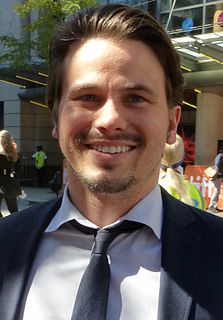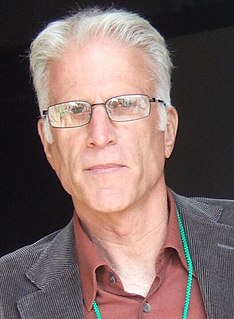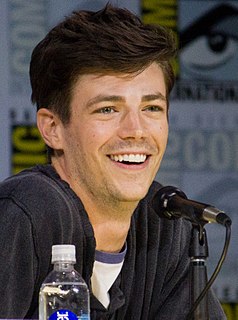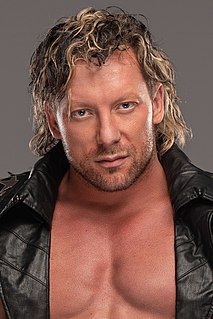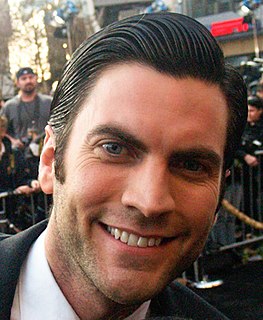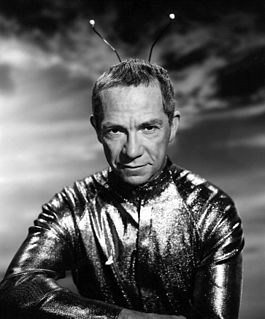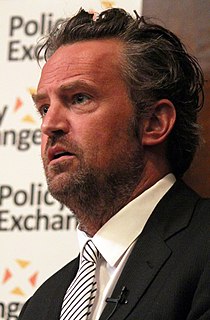A Quote by Jason Ritter
One of the fun things as an actor is to find a character that if you were to look up a rap sheet about them, you might say, 'I don't really necessarily want to hang out with this guy' or 'I would never be this kind of guy in my life.' I think it's part of an actor's job to say, 'Maybe you could be.'
Related Quotes
I think it's the actor's job - when you think of being typecast or getting out of the shadow of whatever you've had success in - it's up to you as an actor. The industry will always want to hire you for what you were successful in last and what made money. But you can say no to that and look for other parts.
I think 40 years ago, it would have been a little bit different because people had a tendency to think the actor was their part. I do find people who, all of a sudden, realize who is sitting in the restaurant and the first thing they react on is not necessarily, "There's that actor," but it's, "There's that killer guy."
I would like to find, or I would like a part to come to me that is like the part that Dennis Franz was fortunate to be able to play on 'NYPD Blue,' a sort of similar-looking actor to me, a generic, bald white guy who you would often think of as playing the authority figure. But he was the disgruntled middle-man. That would be a fun character.
You can say something that can really help and actor and you can say something that can really get in the way of an actor's performance, kind of cut them off from their instincts and really get into their heads. And every actor's different. Every actor requires something different. Being an actor, for me, was the greatest training to be a writer and director.
